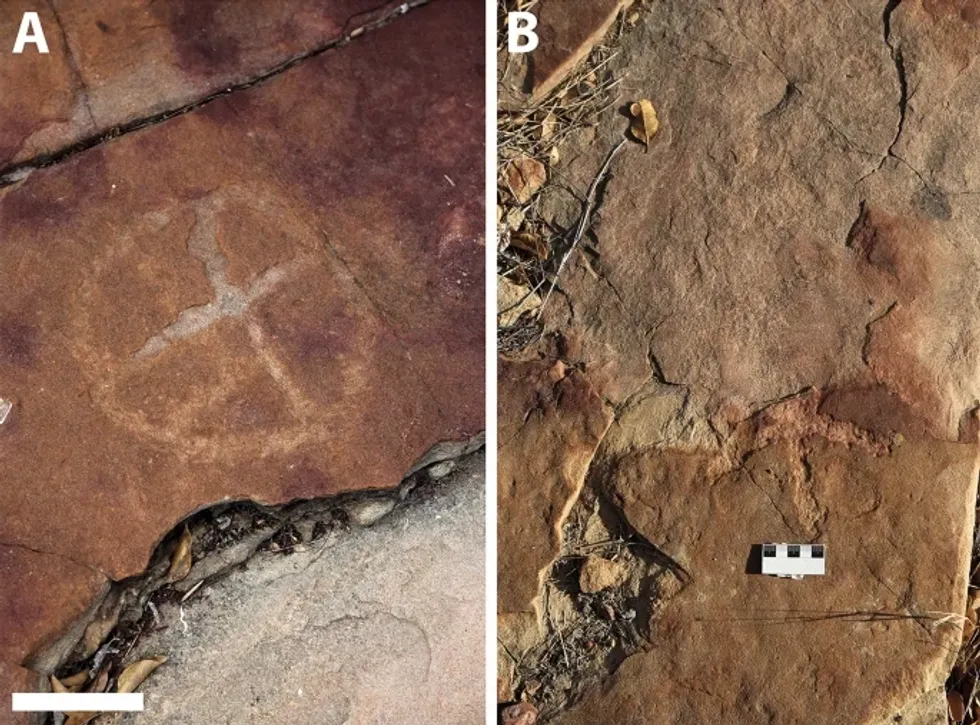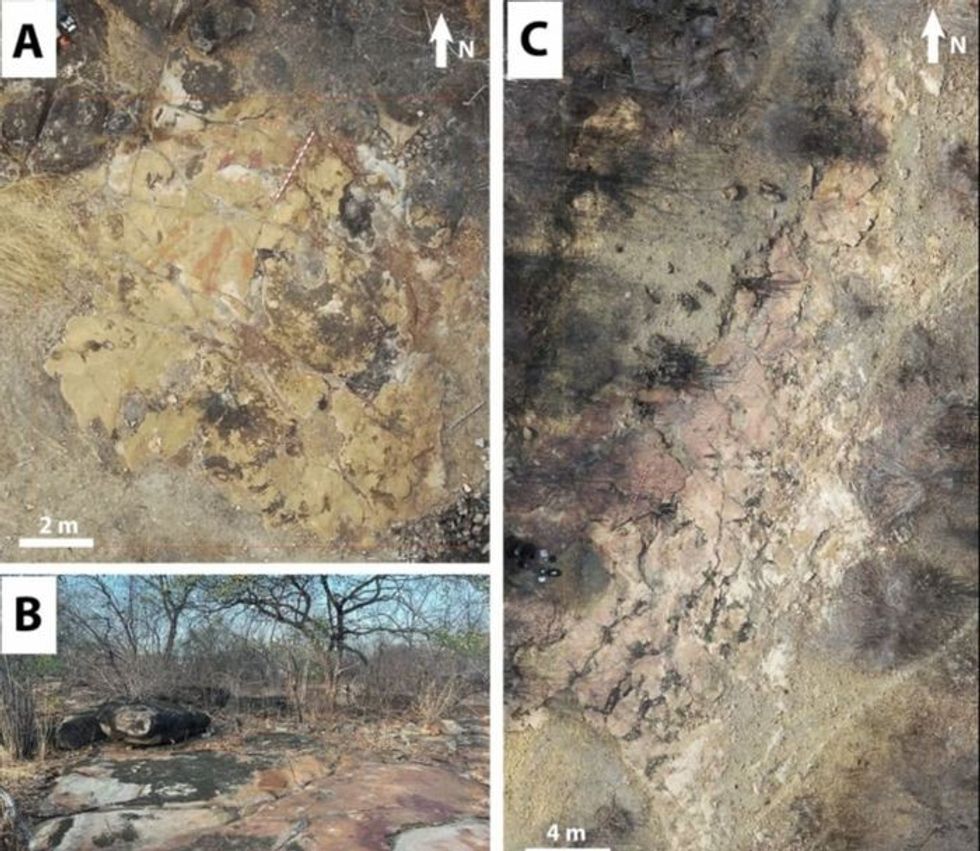Indigenous rights groups and climate action campaigners credited their years-long effort to block the Keystone XL tar sands pipeline with securing the latest legal victory against TC Energy on Wednesday after a federal judge in Montana invalidated a water-crossing permit needed to build the pipeline.
Judge Brian Morris ruled that the U.S. Army Corps of Engineers (USACE) issued the permit without conducting a thorough assessment of the harm the pipeline would cause to endangered species in waterways along the oil infrastructure's planned route, which stretches 1,179 miles from Alberta, Canada to Nebraska.
Morris ordered a suspension of construction and the USACE was ordered to complete a formal analysis of the pipeline's potential impact on endangered species. If completed, the pipeline would carry 830,000 barrels of tar sands oil per day.
Groups including the Center for Biological Diversity, the Sierra Club, and the National Resources Defense Council joined indigenous groups in applauding the victory in their case against the Army Corps and TC Energy.
"This is a tremendous victory for imperiled wildlife that rely on rivers, streams, and wetlands," said Jared Margolis, senior attorney with the Center for Biological Diversity. "This ruling makes it clear that the Trump administration can't continue to push dirty fossil fuel pipelines while ignoring the devastating impacts they have on the environment."
HUGE news! As @nrdc's Anthony Swift said, this “creates another significant hurdle for the project…Keystone XL has basically lost all of its Clean Water Act permits for water crossings." https://t.co/EjkHkMCBrX @BoldNebraska @CenterForBioDiv @friends_earth @Norplains @SierraClub
— Gina McCarthy (@GinaNRDC) April 16, 2020
We wish to recognize the tremendous work by our allies!" said Dallas Goldtooth, an organizer with the Indigenous Environmental Network. "This decision vindicates what we have always known. We stand unified in this resistance, not only on the grounds of morality, but on the terms of our legal rights as well."
The ruling is the latest victory for climate action groups in a series of ongoing litigation against the Keystone XL Pipeline. President Donald Trump issued permits for its construction within days of taking office in 2017, two years after President Barack Obama declined to grant permission for the project.
In 2018, Morris temporarily blocked construction, saying the Trump administration failed to legally justify the project, and last December he ruled that lawsuits against the pipeline could move forward.
Campaigners called on TC Energy to finally give up its effort to build the pipeline in light of its latest legal blow.
"Take a hint, TC Energy," tweeted Sierra Club campaigner Ben Cushing.
A decade later, still #NoKXL. Take a hint, @TCEnergy. https://t.co/8VR8RIepeO
— Ben Cushing (@bmcushing) April 15, 2020
You just never learn, @TCEnergy.
How many times do we have to tell you? This. Pipeline. Is. Never. Getting. Built.#NoKXL https://t.co/9CYMR9MAYJ
— Jamie Henn (@jamieclimate) April 15, 2020
Hearings on Trump's attempt to unilaterally approve cross-border construction and on Indigenous tribes' demand that the project be suspended in light of the coronavirus pandemic are planned for Thursday.
Despite the ongoing battle, 350.org called Wednesday's decision "a critical victory for tribes, rural communities, and all supporters of climate justice who have been fighting Keystone XL for more than a decade."
"The court has rightfully ruled against the Trump administration's efforts to fast track this nasty pipeline at any cost," said Tamara Toles O'Laughlin, North America director for 350.org. "We won't allow fossil fuel corporations and backdoor politicians to violate the laws that protect people and the planet. We will challenge any attempt to put our health and well-being at risk."
"We can only hope that our organization's ongoing litigation will receive a comparable decision as well," Goldtooth said of the continued fight. "In the meantime, we fight on in defense of the sacredness of Mother Earth!"
This article was originally published by Common Dreams and written by Julia Conley.
















 Let us all bow before Gary, the Internet's most adventurous feline. Photo credit: James Eastham
Let us all bow before Gary, the Internet's most adventurous feline. Photo credit: James Eastham Gary the Cat enjoys some paddling. Photo credit: James Eastham
Gary the Cat enjoys some paddling. Photo credit: James Eastham James and Gary chat with Ryan Reed and Tony Photo credit: Ryan Reed
James and Gary chat with Ryan Reed and Tony Photo credit: Ryan Reed

 Rock deterioration has damaged some of the inscriptions, but they remain visible. Renan Rodrigues Chandu and Pedro Arcanjo José Feitosa, and the Casa Grande boys
Rock deterioration has damaged some of the inscriptions, but they remain visible. Renan Rodrigues Chandu and Pedro Arcanjo José Feitosa, and the Casa Grande boys The Serrote do Letreiro site continues to provide rich insights into ancient life.
The Serrote do Letreiro site continues to provide rich insights into ancient life.

 The contestants and hosts of Draggieland 2025Faith Cooper
The contestants and hosts of Draggieland 2025Faith Cooper Dulce Gabbana performs at Draggieland 2025.Faith Cooper
Dulce Gabbana performs at Draggieland 2025.Faith Cooper Melaka Mystika, guest host of Texas A&M's Draggieland, entertains the crowd
Faith Cooper
Melaka Mystika, guest host of Texas A&M's Draggieland, entertains the crowd
Faith Cooper


